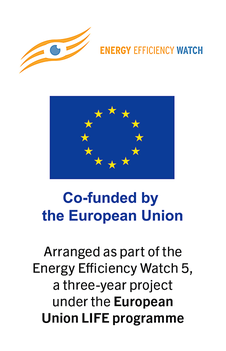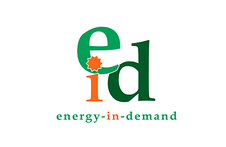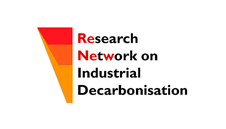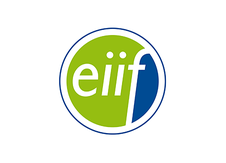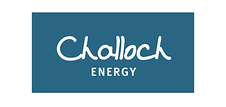Search eceee proceedings
Continuous improvement of energy performance: How policy makers can support ISO 50001 implementation for industry
Panel: 5. The role of energy management systems, education, outreach and training
This is a peer-reviewed paper.
Authors:
Klaus Carl, DNVKEMA, Germany
Julia Larkin, KEMA Consulting GmbH, Germany
Edward Pfeiffer, N.V. KEMA, The Netherlands
Eward van der Schoot, N.V. Kema, The Netherlands
Abstract
To achieve the next level of energy savings and to reach increasingly stringent savings targets, it is important to go beyond a measure by measure approach (such as for light bulbs, or boilers) and reorient management practices to foster a holistic approach.
This paper highlights the efforts of new government and utility programs that are emerging, including one the authors helped design, that help industrial facilities implement Energy Management Systems (EnMS) according to ISO 50001. These programs help prepare facilities to achieve ISO 50001 certification; some US examples also promote certification to Superior Energy Performance (SEP) standards that exceed ISO 50001 by demanding prescribed percentages of energy consumption reduction.
Typically, participants receive incentives, free consultancy and they save energy. These programs compliment existing efforts, and can funnel projects into existing programs that provide financial incentives for implementation of specific energy saving measures.
The paper will describe existing and developing programs, case studies and lessons learned so far, and recommend best practices for other policy makers considering similar interventions. For example, programs are most likely to be effective if they differentiate between large and small/medium customers, the small/medium customers receiving a "light" version of the services for large customers. Also, to maximize cost effectiveness rules and protocols can be developed to limit free ridership and to focus technical assistance to the areas most needed by the participant.
Typical program elements include:
• Outreach, Application and intake procedures;
• Support materials: Factsheets, sample EnMS handbook, checklists, schedules, data scheme, organigram, software;
• Energy Audit, Review and reporting;
• Participant Training;
• Management involvement, purchasing, accounting, incentives.
• Monitoring of the program results.
Downloads
Download this paper as pdf: 5-092-12_Carl.pdf
Download this presentation as pdf: 5-092-12_Carl_pre.pdf
Panels of
1. Programmes to promote industrial energy efficiency
2. Sustainable production design and supply chain initiatives
3. Matching policies and drivers: Policies and Directives to drive industrial efficiency
4. Undertaking high impact actions: The role of technology and systems optimisation
5. The role of energy management systems, education, outreach and training
6. The role of financing to improve industrial efficiency, global perspective







